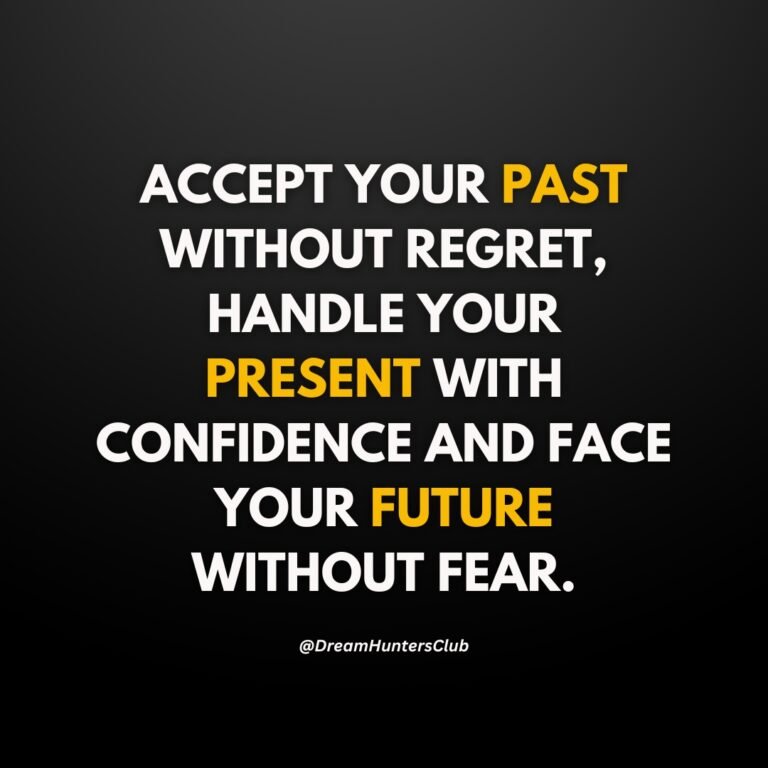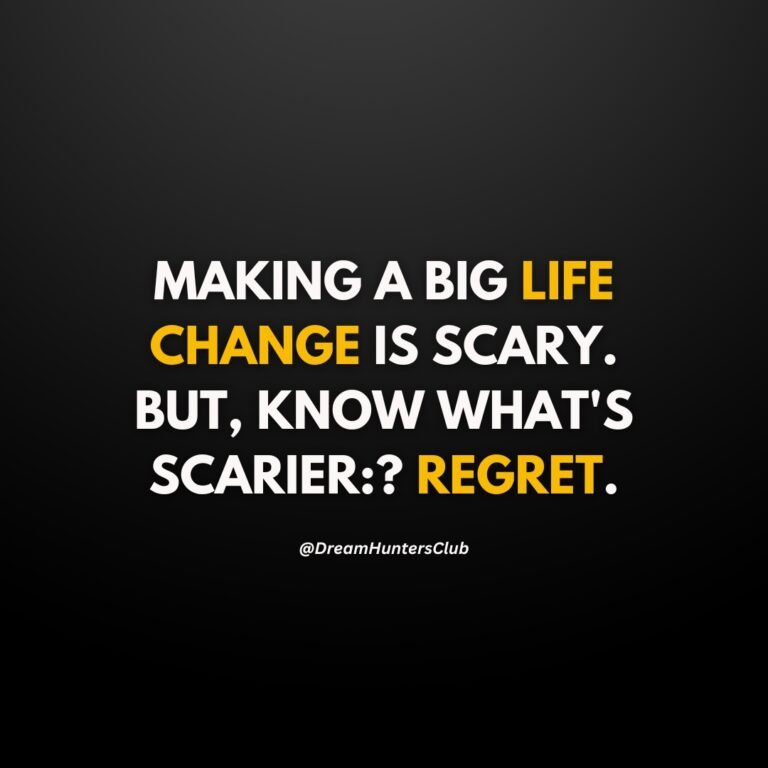Overcoming Obstacles: Cultivating a Resilient Mindset

Life is a journey that is full of surprises, twists and turns. In the pursuit of our dreams, we are bound to face obstacles that can be challenging. However, the key to success lies not in avoiding these obstacles but in developing a resilient mindset that can help us overcome them. In this guide, we will explore the art of cultivating a resilient mindset and provide you with the tools you need to face adversity with courage, learn from setbacks, and emerge stronger on the other side.
Understanding Resilience
Defining Resilience
Resilience is not just about recovering from setbacks, but also about having the ability to adapt and thrive in the face of adversity. Developing a resilient mindset requires mental strength to overcome challenges, learn from experiences, and come out even stronger.
The Importance of Resilience
Resilience is a crucial characteristic that is essential for attaining long-term success. It empowers individuals to endure challenging times, stay focused on their objectives, and handle life’s uncertainties with poise. Recognizing the significance of resilience is the first step towards developing this trait.
Building Blocks of a Resilient Mindset
Self-awareness and Emotional Regulation
The first step in developing resilience is to be self-aware. You should recognize your emotional responses to challenges and learn to regulate them effectively. Acknowledge your feelings without being overwhelmed, allowing you to approach obstacles with a clear and balanced mindset.
Acceptance of Change
Resilience involves accepting change as a natural part of life. Instead of resisting change, learn to adapt and find opportunities for growth within it. Embracing the inevitability of change fosters a resilient attitude towards life’s unpredictable nature.
Growth Mindset
A growth mindset is key to building resilience. It means viewing challenges as opportunities for learning and growth, rather than insurmountable barriers. Adopting a growth mindset allows you to see setbacks as stepping stones toward success.
Strategies for Overcoming Obstacles
Goal Setting and Adaptability
Individuals who are resilient set achievable goals, but can easily adapt to unexpected changes in circumstances. By setting realistic goals and being adaptable, they can handle unforeseen challenges that may arise on their path to success.
Problem-Solving Skills
Cultivate problem-solving skills by breaking down challenges, analyzing potential solutions, and taking decisive action. Being proactive is key to building resilience.
Building a Supportive Network
A supportive network of friends, family, and mentors can help strengthen a resilient mindset. Surround yourself with individuals who offer encouragement, perspective, and a helping hand during tough times.
Facing Setbacks and Learning from Failure
Embracing Setbacks as Learning Opportunities
Individuals who are resilient view setbacks as learning opportunities instead of failures. By reframing challenges, valuable lessons can be learned that contribute to both personal and professional growth.
Analyzing and Adapting
When faced with a setback, take time to analyze the situation objectively. Identify the factors within your control, adapt your strategies accordingly, and use the experience to inform future decisions.
Developing Emotional Resilience
Cultivating Emotional Strength
Develop emotional resilience by practicing mindfulness, stress-reducing activities, and emotional intelligence to navigate challenges with composure.
Positive Self-Talk
Replacing self-limiting thoughts with affirming statements is a powerful tool to foster emotional resilience and develop a positive mindset.
Resilience in Personal and Professional Contexts
Navigating Professional Challenges
In the professional realm, resilience is crucial for successfully navigating challenges such as career transitions, setbacks, and changes in the workplace. It is essential to approach professional obstacles with adaptability, problem-solving skills, and a positive mindset.
Building Resilient Teams
Encourage open communication, collaboration, and shared commitment to develop a culture of resilience within teams, as resilience is a collective trait, not just an individual one.
Sustaining Resilience for Long-Term Success
Self-Care and Well-being
Sustaining resilience requires prioritizing self-care and well-being. It is important to maintain a balance between work and personal life, engage in activities that bring joy, and prioritize physical and mental health.
Continuous Learning and Adaptation
Resilience is an ongoing journey that involves continuous learning and adaptation. Stay curious, embrace new experiences, and remain open to evolving strategies as you encounter different obstacles.
Conclusion: A Resilient Mindset for Triumph
Cultivating a resilient mindset is a powerful process that helps you approach challenges with strength, adaptability, and a positive outlook. As you integrate the fundamentals of resilience into your daily life, it’s important to remember that setbacks aren’t roadblocks but opportunities for growth. Embrace the journey of overcoming obstacles, build resilience, and triumph in the face of adversity.






